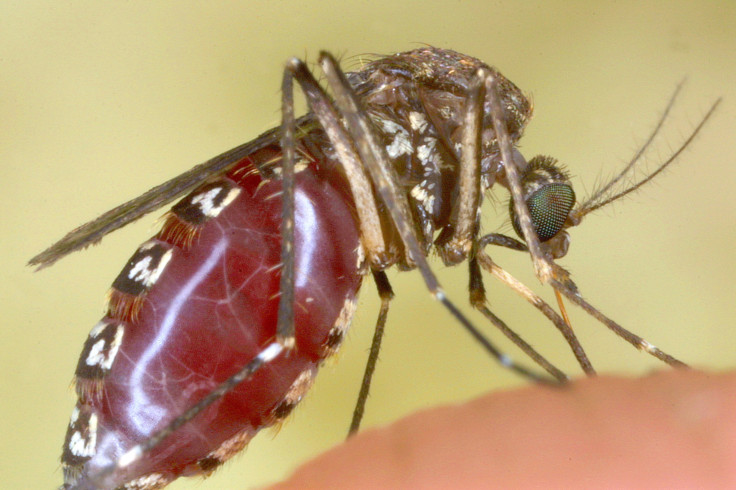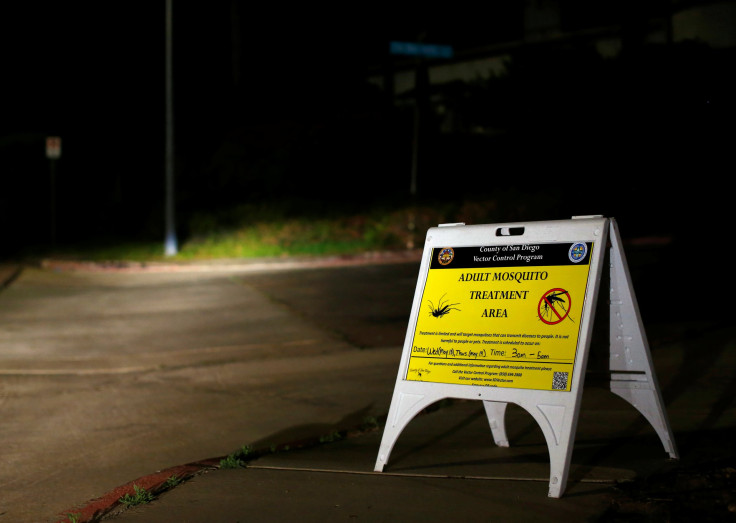As Zika Virus Encroaches, Americans Face Another Outbreak: Scammers

Mosquitoes carrying the Zika virus have yet to land on the shores of the continental U.S. But already, government regulators are warning of another outbreak: Zika-related scams.
The spread of any highly feared and little-known disease brings with it a rash of questionable cures and unscrupulous outfits. During the swine flu outbreak of 2009, websites selling fake flu remedies proliferated. The 2014 Ebola scare saw penny-stock promoters pushing investments in shady companies with unproven ties to Ebola treatments.
Zika, which has so far spread throughout South America, Central America and Puerto Rico, is proving to be no different. Both the Securities and Exchange Commission and the Federal Trade Commission have issued warnings to consumers and investors over phony products and other scams.
Last month the FTC settled with a company called Viatek for making deceptive claims around its supposed mosquito repellent: a wristband containing mint oil that was guaranteed to create a “vapor barrier” that provided up to 120 hours of protection. The claims did not withstand scientific scrutiny and the company paid $300,000 to settle with the FTC.
“With Zika virus and other mosquito-borne illnesses in the news, consumers might be looking for products that protect them from mosquitoes,” Jessica Rich, director of the FTC’s Bureau of Consumer Protection, said at the time. Viatek “took advantage of those concerns, and peddled a product without having scientific support that it effectively prevented mosquito bites.”
Websites specializing in alternative medical cures have also leaped into the fray. This month the website NatureNews.com ran a story titled “10 shocking reasons why Zika virus fear is another fraudulent medical hoax and vaccine industry funding scam.” Advertised beside the article, as Gizmodo pointed out, was an advertisement for an all-natural “chemical-free” spray that promised to protect the buyer from “Zika mosquitoes.”
The product came with a glowing recommendation from Mike Adams — the same man who wrote the alarming story accompanying the advertisement.
The Centers for Disease Control and Prevention reports no U.S. states have seen mosquito-borne transmission of Zika though hundreds of travel related cases — including at least 234 pregnant women — have been recorded. Zika infection during pregnancy has been associated with microcephaly, a birth defect that results in a smaller head and potential intellectual disabilities.
Earlier this week, the CDC reported three babies in the U.S. had been born with abnormalities stemming from Zika exposure. Three other cases ended in failed pregnancies, either through miscarriage, stillbirth or abortion.
Unsubstantiated medical claims aren’t limited to the U.S. Australia sent its Olympic athletes to Rio de Janeiro this summer with “anti-Zika condoms,” as numerous news outlets reported. But the CDC told the Verge no such technology is known to exist — nor is it even necessary, given the effectiveness of ordinary condoms in preventing the spread of Zika through sexual contact.
As state and federal officials issue warnings around Zika frauds, legitimate companies also are cashing in. Sales of mosquito repellant have risen more than 30 percent, and the price of bug spray has increased 23 percent online in the last year, WSPA reported.

© Copyright IBTimes 2025. All rights reserved.






















